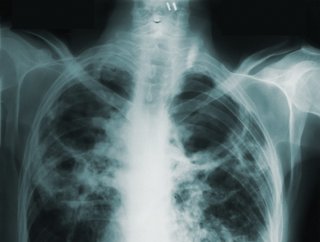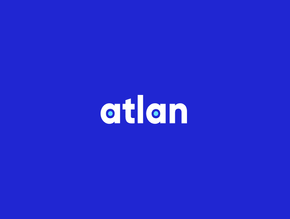NHS invests £21 million in AI for diagnosis and treatment

The UK Department of Health and Social Care (NHS) has taken a significant step towards revolutionising healthcare by allocating a £21m fund for the implementation of AI technology within NHS.
AI will be deployed to save human lives
This funding aims to enhance patient care through the accelerated adoption of AI tools, enabling faster and more accurate diagnoses of critical conditions such as cancers, strokes, and heart ailments.
NHS Trusts will have the opportunity to access the AI Diagnostic Fund, allowing them to expedite the deployment of cutting-edge AI imaging and decision support tools across hospitals.
The primary objective is to reduce the time taken to diagnose patients, particularly for life-threatening illnesses.
This strategic initiative holds immense potential for transforming healthcare delivery and improving patient outcomes.

AI diagnostics: Stroke and Lung Cancer
A key commitment of the government is to ensure the deployment of AI decision support tools in all stroke networks by the end of 2023.
This expansion aims to increase coverage from the current 86% to a comprehensive 100%, benefiting thousands of stroke patients by providing timely and accurate diagnoses.
Faster access to treatment has a direct impact on patient recovery and reduces the likelihood of long-term disabilities associated with strokes.
The £21m funding, announced by Health and Social Care Secretary Steve Barclay, comes at a significant time as the NHS prepares to celebrate its 75th birthday. It signifies a commitment to adopt cutting-edge technologies that align with the government's five priorities, including reducing waiting times and delivering the best possible care to patients.
One of the key areas that will benefit from this investment is the diagnosis of lung cancer, the leading cause of cancer deaths in the UK.
The AI Diagnostic Fund will support the analysis of chest X-rays, the most common tool used in diagnosing lung cancer.
With over 600,000 chest X-rays performed each month in England, the deployment of diagnostic AI tools to more NHS Trusts will empower clinicians to detect cancer at an earlier stage, significantly improving patient outcomes.
The impact of AI in the NHS is already evident. In the case of stroke victims, AI has been shown to reduce the time taken to initiate treatment, resulting in a threefold increase in the chances of patients living independently after a stroke. This tangible improvement in patient care highlights the immense potential of AI technologies in revolutionising healthcare delivery.
Professor Stephen Powis, NHS national medical director, commends the NHS for its commitment to adopting proven technologies to enhance patient care and achieve better value for taxpayers.
The £21m funding will open doors for NHS Trusts to submit bids for AI diagnostic tools that demonstrate value for money, ensuring optimal utilisation of resources.

Extending the NHS’s AI Diagnostic artillery: Stroke, Screening, Cardiovascular and much more
The government has already made significant investments of £123 million in 86 AI technologies, addressing areas such as stroke diagnosis support, screening, cardiovascular monitoring, and home-based condition management.
These investments, combined with the current funding, highlight the government's dedication to leveraging technological advancements for the benefit of patients and the healthcare workforce.
To support the safe deployment of AI devices, the government has also established the AI & Digital Regulation Service.
This service provides NHS staff with access to necessary information and guidance, streamlining the process for developers and adopters of AI technologies and ensuring compliance with NHS regulations.
The aim is to facilitate the efficient and responsible integration of AI into the healthcare system.
As the NHS approaches its 75th anniversary, this funding demonstrates a commitment to remain at the forefront of technological innovation. By embracing AI in healthcare, the NHS aims to enhance diagnostic efficiency, expedite treatments, and ultimately improve patient outcomes.
The integration of AI represents a significant step forward in realising the NHS's vision of providing high-quality care and improving the overall health and well-being of the population.






